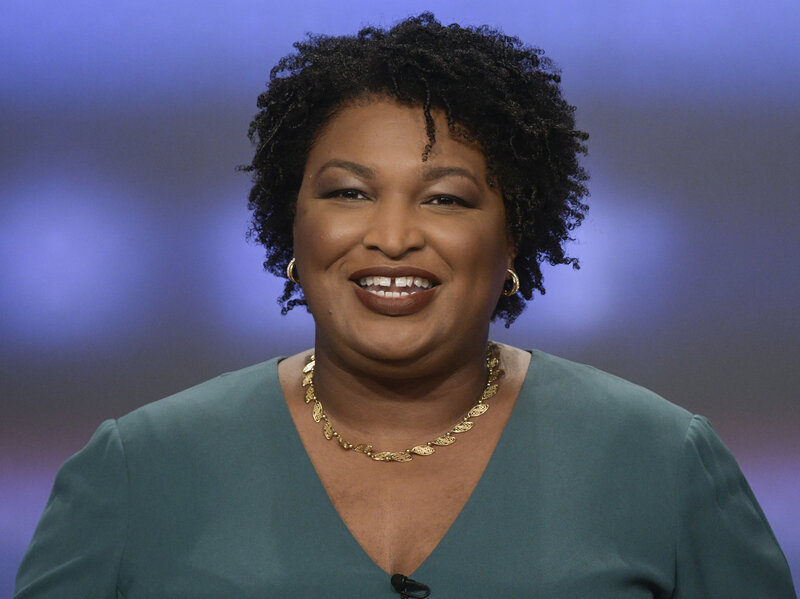
American politician, lawyer, and voting rights activist, Stacey Abrams, has been one of the most influential women of 2020 and 2021. She served in the Georgia House of Representatives from 2006 to 2017 and her name has become synonymous with voting accessibility.
From an early age, she exhibited a political vein, raised by parents who were highly involved in the community. She graduated as the first Black valedictorian from Avondale High School in Georgia before earning a Bachelor of Arts in interdisciplinary studies (political science, economics and sociology) magna cum laude from Atlanta’s Spelman College. As a brilliant student, she later graduated with a Master of Public Affairs degree from the University of Texas and received her JD from Yale Law School.
Upon graduation, she started working as a tax attorney focusing on tax exemptions, healthcare, and public finance. And by the time she turned 29, she was appointed the deputy city attorney for the City of Atlanta.
In 2006, she was elected as a Georgia State Representative, and within four years, became the House Minority Leader. She earned the distinction of becoming the first woman to lead either party in the Georgia General Assembly.
In 2018, she ran for governor of Georgia, becoming the first Black woman to earn a major party’s nomination for governor in the United States, but lost by 50,000 votes.
The race was spoiled by accusations that Georgia’s Secretary of State had suppressed the votes of Black citizens by removing them from voter rolls.
This led Abrams to dedicate herself to empowering people to use their voice and vote. She founded Fair Fight, an organization promoting fair elections in Georgia and around the country. It is in that framework that she and others were credited with registering around 800,000 new Georgia voters ahead of the 2020 general election, with Democrat Joe Biden winning the state’s electoral votes as a result.
She also helped create the Southern Economic Advancement Project (SEAP), which aims for equality of opportunity, and Fair Count, which seeks to get communities of color, rural populations, and other marginalized groups counted in the 2020 Census.
“Being a black woman is not a deficit. It is a strength. Because I could not be where I am had I not overcome so many other barriers. Which means you know I'm relentless, you know I'm persistent, and you know I'm smart,” she said. And in the light of her prolific political career, that persistence shines through.
